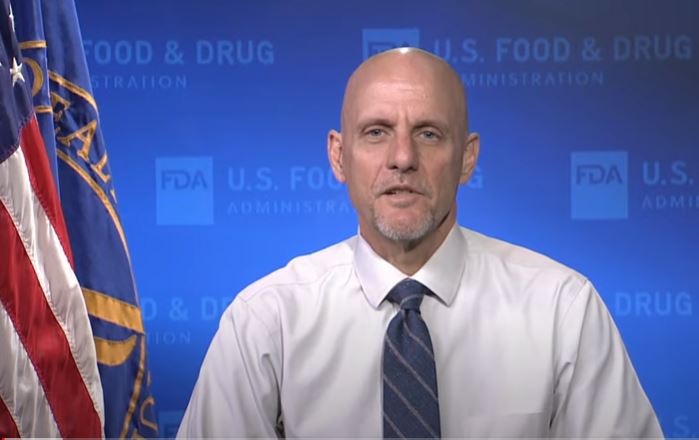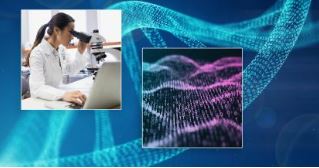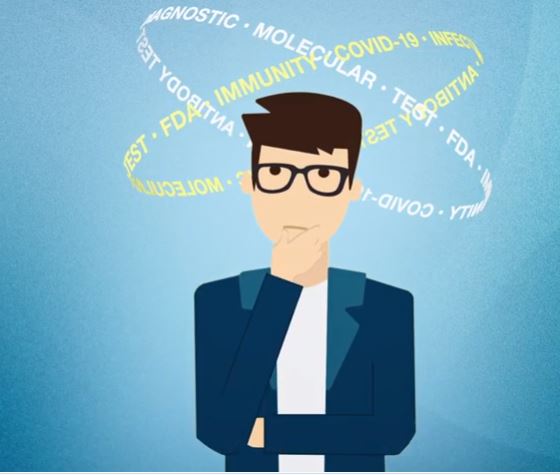COVID-19 update: FDA Commissioner reflections, Innovations to respond, Testing basics, Hospital beds- stretchers-mattresses, Educational resources, Updated scientific FAQs on testing

The COVID-19 Pandemic — Finding Solutions, Applying Lessons Learned
Reflections from 24th FDA Commissioner Dr. Stephen Hahn
- Inability to control the events that affect our lives
- History teaches us that crises often lead to accelerated change and innovations and new discoveries
- FDA continuously innovating and accelerating measures-for food, drug, devices, diagnostics- to respond to pandemic
- Learnings will influence FDA functioning post-pandemic

Innovation to Respond to COVID-19
Connect Manufacturers and Health Care Entities: Facilitating information-sharing regarding the use of 3D printing and other advanced manufacturing technologies in the context of personal protective equipment (PPE) and other medical device parts
Collaborations to Promote Real-World Data Analysis : Harness diverse streams of data to understand and respond to COVID-19 with the potential to contribute to the scientific evaluation of potential diagnostics and interventions
Coronavirus Treatment Acceleration Program (CTAP) : Special emergency program to accelerate new treatments to patients as quickly as possible, while at the same time finding out safety and effectiveness.
Guidance Documents to Support Innovators and Researchers : To accelerate development of prevention and treatment options, increase efficiency of initiating new trials with recommendations for clinical trial designs

COVID-19 Testing Basics
FDA information on different categories of tests
- Diagnostic Test: Can show if you have an active coronavirus infection and should take steps to quarantine or isolate yourself from others. Currently there are two types of diagnostic tests – molecular (RT-PCR) tests that detect the virus’s genetic material, and antigen tests that detect specific proteins on the surface of the virus.
- Antibody test: Looks for antibodies that are made by the immune system in response to a threat, such as a specific virus. Antibodies can help fight infections. Antibodies can take several days or weeks to develop after you have an infection and may stay in your blood for several weeks after recovery. Because of this, antibody tests should not be used to diagnose an active coronavirus infection. At this time researchers do not know if the presence of antibodies means that you are immune to the coronavirus in the future.

COVID-19: Hospital Beds, Stretchers, and Mattresses
Information to manufacturers of hospital beds, stretchers, and mattresses to meet increased demand
- How to know of potential shortage in advance or reporting shortages
- How does FDA regulate hospital beds, stretchers, and mattresses and what are the guidances
- What are applicable recognized consensus standards
- Claims of antimicrobial or antiviral properties
- Requirements regarding new and non-traditional supply chain partners
COVID-19 Educational Resources
- Videos
- Social Media Toolkit
- Resources to Print and Share
- Consumer Articles
- Additional Resources from the CDC
FAQs on Testing for SARS-CoV-2
Image credit: FDA